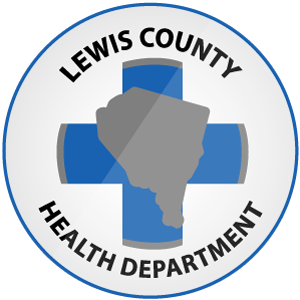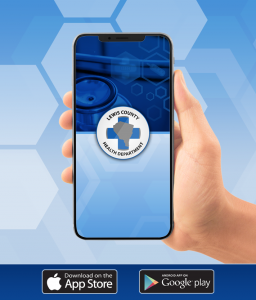Animal Bites
Rabies
Rabies is a serious viral infection of the central nervous system. The virus is usually passed to humans through the bite of a rabid animal. Occasionally, rabies can be transmitted if the saliva of an infected animal gets into a fresh scratch, break in the skin, or contact with mucous membranes (eyes, mouth, nose).
In West Virginia, most cases of rabies occur in wild animals, such as raccoons and skunks. If you are bitten or scratched by a rabid or possibly rapid animal, wash the wound thoroughly with soap and warm water and immediately consult a physician and your local health department.
Why get vaccinated?
Rabies is a serious illness that almost always results in death. Rabies virus infects the central nervous system. Symptoms may occur from days to years after exposure to the virus and include delirium (confusion), abnormal behavior, hallucinations, hydrophobia (fear of water), and insomnia (difficulty sleeping), which precede coma and death. People can get rabies if they have contact with the saliva or neural tissue of an infected animal, for example through a bite or scratch, and do not receive appropriate medical care, including rabies vaccine.
Certain people with a higher risk for rabies exposures, such as those who work with potentially infected animals, are recommended to receive vaccine to help prevent rabies if an exposure happens. If you are at higher risk of exposure to the rabies virus:
- You should receive 2 doses of rabies vaccine given on days 0 and 7
- Depending on your level of risk, you may be advised to have one or more blood tests or receive a booster dose within 3 years after the first 2 doses. Your health care provider can give you more details.
Rabies vaccine can prevent rabies if given to a person after an exposure. After an exposure or potential exposure to rabies, the wound site should be thoroughly cleaned with soap and water. If your health care provider or local health department recommend vaccination, the vaccine should be given as soon as possible after an exposure but may be effective any time before symptoms begin.

 Download our free app today to receive real-time alerts, catch up on news, view upcoming events and track important dates.
Download our free app today to receive real-time alerts, catch up on news, view upcoming events and track important dates.